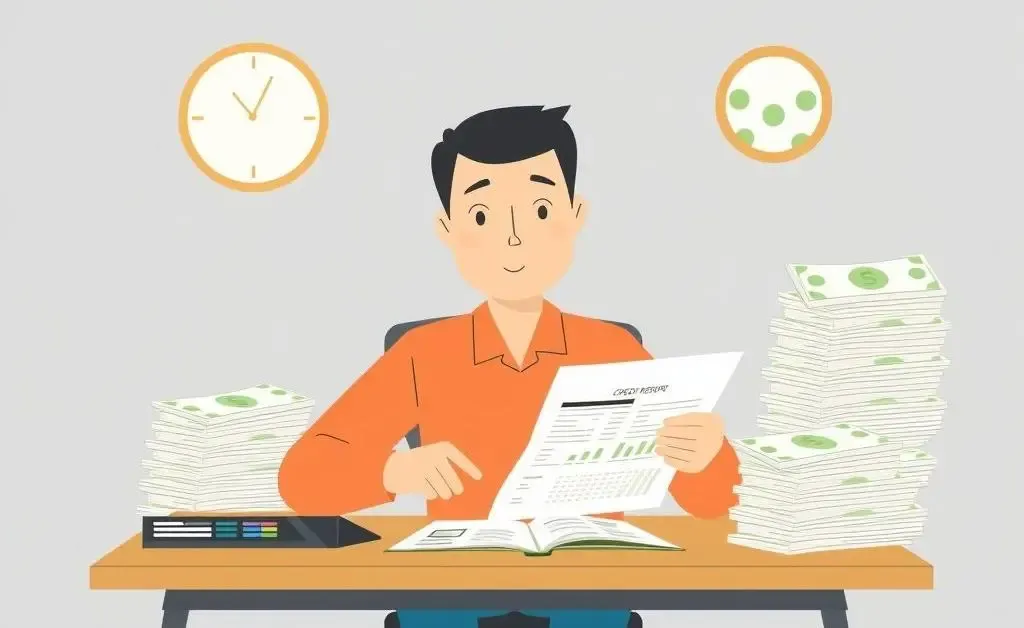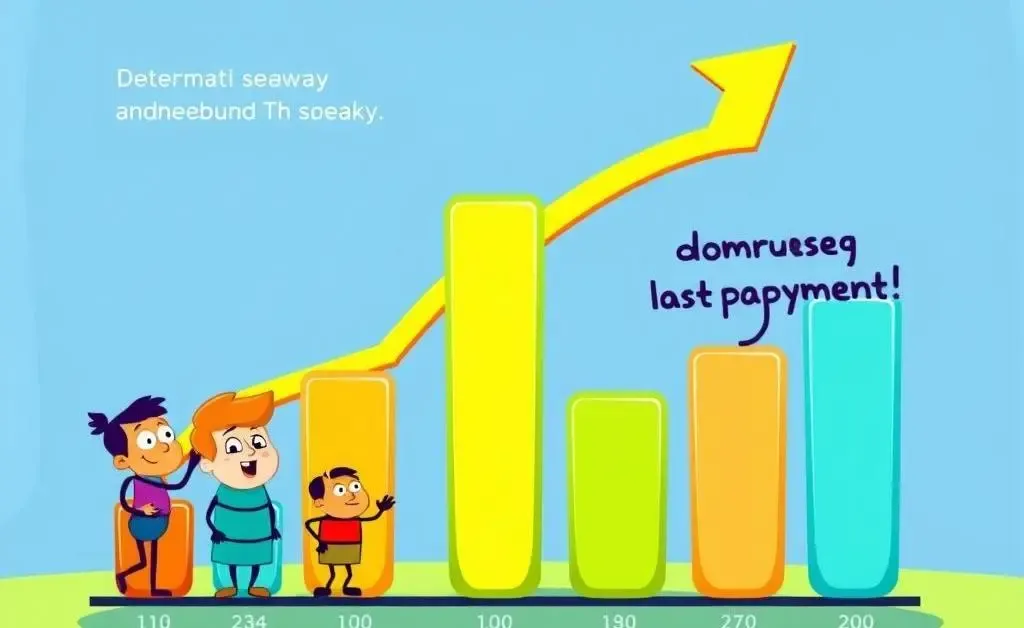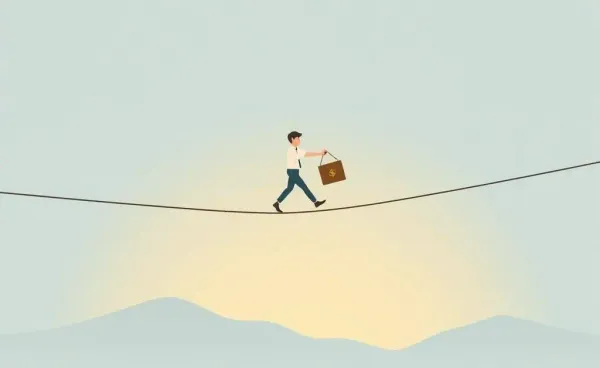How a Late Payment Can Affect Your Credit Score and Tips to Bounce Back
Learn how late payments impact your credit score and discover practical steps to recover.

Ever wondered just how much a late payment can ding your credit score? It's like a tiny stumble turning into an unexpected tumble! Let's dive into why those timely payments are crucial and what you can do if you miss one.
What Happens to Your Credit Score When You're Late?
A late payment can remain on your credit report for up to seven years, but its impact diminishes over time. Initially, your credit score can be dented by a missed payment, often by anywhere from 60 to 110 points, depending on various factors like your credit history and the severity of the late payment.

Picture this scenario: you're busy juggling bills, and one slips past the radar. Meet Alex, who missed a credit card payment by a few days due to a hectic work schedule. Initially, Alex panicked, envisaging a catastrophic drop in their credit score.
How Late Payments Affect Scoring Models
The 30/60/90 Day Rule
Credit bureaus categorize late payments into 30, 60, and 90+ day late boxes. A 30-day late payment is less harsh on your record compared to a 90-day late payment, but it still isn't ideal. Here's a quick rundown of potential impacts:
- 30 days late: Can initially drop your score by up to 100 points but is relatively easier to recover from.
- 60 days late: Starts to paint a more concerning picture for lenders.
- 90+ days late: Severe hits to your credit score and significant negative impact on creditworthiness.

Steps to Recover from a Missed Payment
1. Contact Your Creditor
Pick up the phone or draft an email to your creditor explaining the mistake. Sometimes, they might forgive a first-time slip, especially if you’ve been a stellar customer. If this tactic doesn’t yield results, consider writing a goodwill letter. Be polite, express your regret, and illustrate any genuine reason that delayed your payment.

2. Settle the Balance
Make sure the remaining balance is paid off as quickly as possible to avoid further complications.
3. Set Up Automatic Payments
An easy way to ensure you never miss a payment again is to set up auto-payments. Having the minimum due amount deducted automatically can save you a lot of headaches—and points on your credit score.
4. Monitor Your Credit Report
Regularly monitoring your credit report can help you spot errors and see the effect of your payments over time. Utilize free credit report services annually to keep track of your credit status.
Over time, Alex adhered to these steps and found their credit score gradually bouncing back, proving that a late payment isn’t the end of the world.
Conclusion
Life happens, and sometimes payments slip by. While the best course is to always pay on time, it's reassuring to know there's a roadmap for recovery. Have you ever missed a payment? What strategies did you use to bounce back? Share your story!




